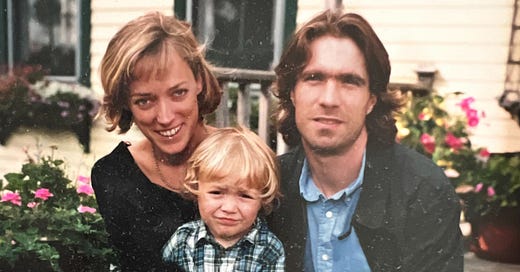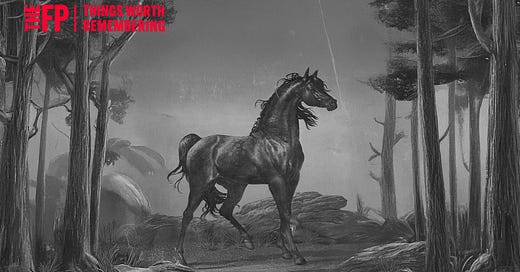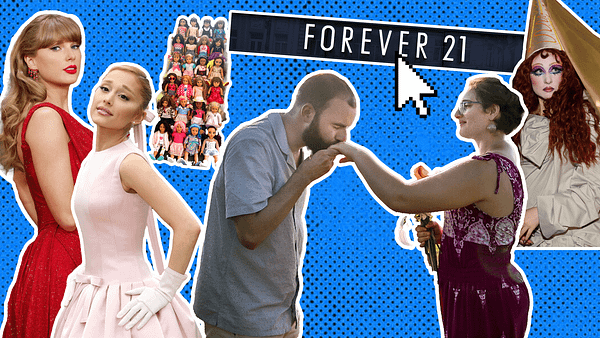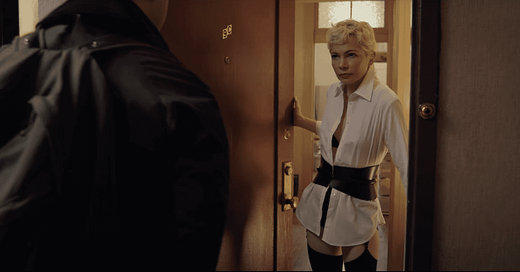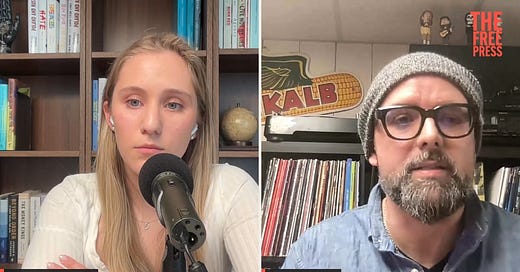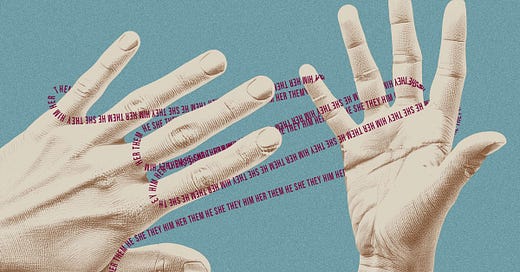
A lifetime ago, I watched from the second-floor window as my boyfriend cut tiles in the backyard of our little row house in Brooklyn. The saw whined sharply as it spewed tile dust into the ragged weeds. I was deeply frustrated. I’d known we would be doing this type of hard work on the fixer-upper we’d just bought on the shaggy border of Park Slope. But I’d always assumed we’d be doing it side by side. And yet there I was, marooned in the bedroom, nursing the baby to sleep.
I never meant to become a wife. When I was growing up in the ’70s, the daughter of two activist types who hoped to change the world, marriage sounded like a trap. Wives seemed sad and overwhelmed, like the always-pregnant Irish mom who lived around the corner from us when I was little. Or they were repressed and miserable, like the ones I read about in The Women’s Room, that classic 1977 novel beloved by the second wave feminists—who were busy deconstructing every idea foundational to family life, from gender roles to monogamy, aided and abetted by the hippies and iconoclasts. In Ptolemy Tompkins’s memoir about growing up in the ’70s, he describes the time his eccentric scientist father brought home a female grad student and announced to his wife and kids that marriage was a bourgeois institution, and thus henceforth Betty would be part of the family.
My parents weren’t that extreme, but they still wanted to take a sledgehammer to social norms. They both adhered to the blank-slate idea: that differences between men and women were socially constructed, and a little tweaking would solve the problem of disparate outcomes. My mother dressed my sister and I in overalls and Earth shoes, and if we got baby dolls or tea sets, it was with a hint of disapproval. Why would girls play at being mothers or wives when they could sit on the Supreme Court or fly to the moon? When I was in sixth grade, my mother gave me a framed print that said: A woman needs a man like a fish needs a bicycle.
By the time I got to college, I’d sworn off the idea of ever being a wife. It wasn’t only about avoiding repressive gender roles. Every marriage I had known about as a child had ended in divorce. My grandparents were divorced before I was even born. The family weddings I went to throughout my childhood—the hippie gathering in a pine forest, the traditional ceremony in a church, the one in Boston where my uncle wore a yarmulke and broke a wineglass to marry a Jewish woman—all ended in divorce. Most of my friends’ parents got divorced, as did mine. Everyone got divorced.


